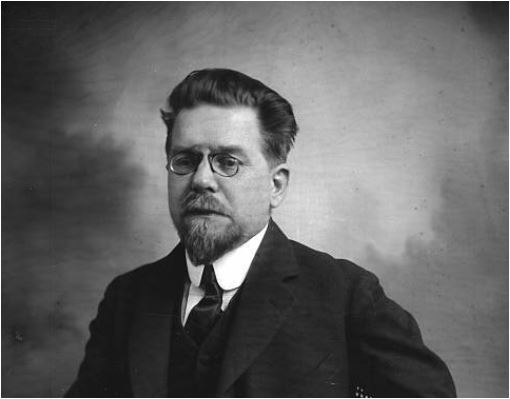Why was Władysław Reymont Awarded the Nobel Prize for Literature in 1924?
Władysław Reymont: Unraveling the Nobel Prize for Literature in 1924
The Nobel Prize for Literature is one of the most prestigious awards that honors outstanding literary achievements. In 1924, the Polish author Władysław Reymont was awarded this esteemed accolade, recognizing his remarkable contributions to the world of literature.
Background and Early Life
Władysław Reymont was born as Stanisław Władysław Rejment on May 7, 1867, in the village of Kobiele Wielkie, located in the Polish part of the Russian Empire. His early life was marked by hardship, as he came from a poor family and had limited access to formal education. However, his innate curiosity and love for storytelling sparked an early interest in literature.
Journey to Literary Fame
Reymont’s journey to literary fame was a gradual one. He initially worked various jobs, including that of a tailor and an assistant to a land surveyor. These experiences provided him with a deeper understanding of the Polish countryside and its people, which would later serve as the backdrop for some of his most celebrated works.
His literary career took off with the publication of his debut novel, “The Insurgent” (Ziemia obiecana), which depicted the industrial transformation and social struggles in the city of Łódź. The novel’s success established Reymont as a promising writer, and he continued to write extensively, focusing on the realities of Polish rural life and its complex social fabric.
The Masterpiece – “The Peasants”
Władysław Reymont’s most notable and influential work, “The Peasants” (Chłopi), catapulted him to international acclaim and, ultimately, the Nobel Prize for Literature. This epic novel, published in four volumes between 1904 and 1909, is a sprawling portrayal of the lives of peasants in the Polish countryside during the late 19th and early 20th centuries.
“The Peasants” was widely praised for its meticulous attention to detail and its insightful portrayal of the joys, sorrows, traditions, and struggles of rural Polish society. Reymont’s vivid descriptions and deep understanding of the peasant lifestyle resonated with readers, both in Poland and abroad.
A Celebration of Polish Culture
Apart from “The Peasants,” Reymont’s other works also celebrated Polish culture and history. His ability to capture the essence of the Polish people and their unique customs made him a cultural ambassador for his country.
It is worth mentioning that the Nobel Prize for Literature is not just an acknowledgment of an individual’s literary talent but also an appreciation of their cultural contributions and influence on the world stage. In the case of Reymont, his works helped bring Polish literature and culture to a global audience.
Legacy and Impact
Władysław Reymont’s recognition with the Nobel Prize for Literature in 1924 was a testament to his exceptional storytelling skills, his deep understanding of the Polish countryside, and his ability to shed light on the lives of ordinary people. His works remain significant to this day, continuing to inspire readers and scholars alike.
Władysław Reymont’s Nobel Prize for Literature in 1924 stands as a testament to his exceptional talent as a writer and his unwavering dedication to portraying the realities of Polish rural life. Through his masterpiece “The Peasants” and other significant works, Reymont left an indelible mark on Polish literature and culture. His legacy lives on, inspiring generations of writers and readers to explore the richness and diversity of the human experience through the lens of literature.





